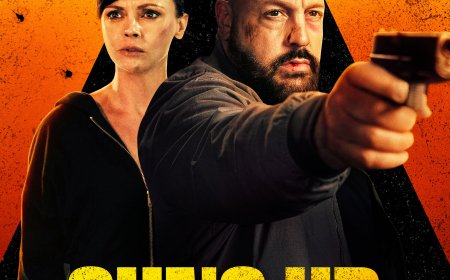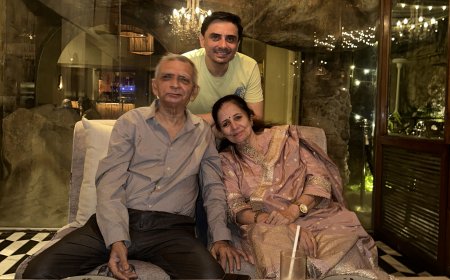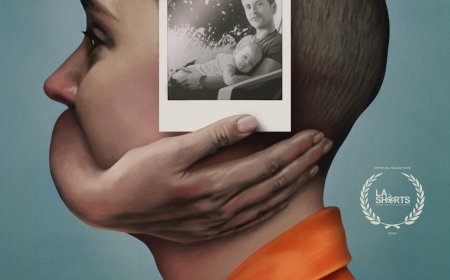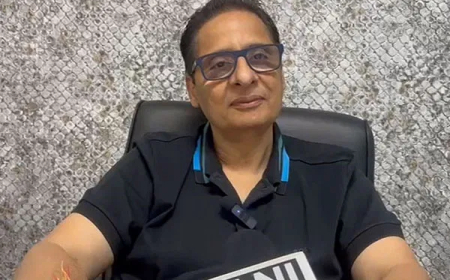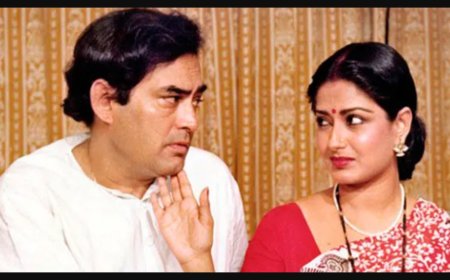A Review of 'Last Man Standing: The Chronicles of Myron Sugerman': A middling portrait of an aging Jewish mob-associate
An elderly Jewish crony of gangsters reveals his story as a distributor of a coveted gambling device and pursuer of other causes.
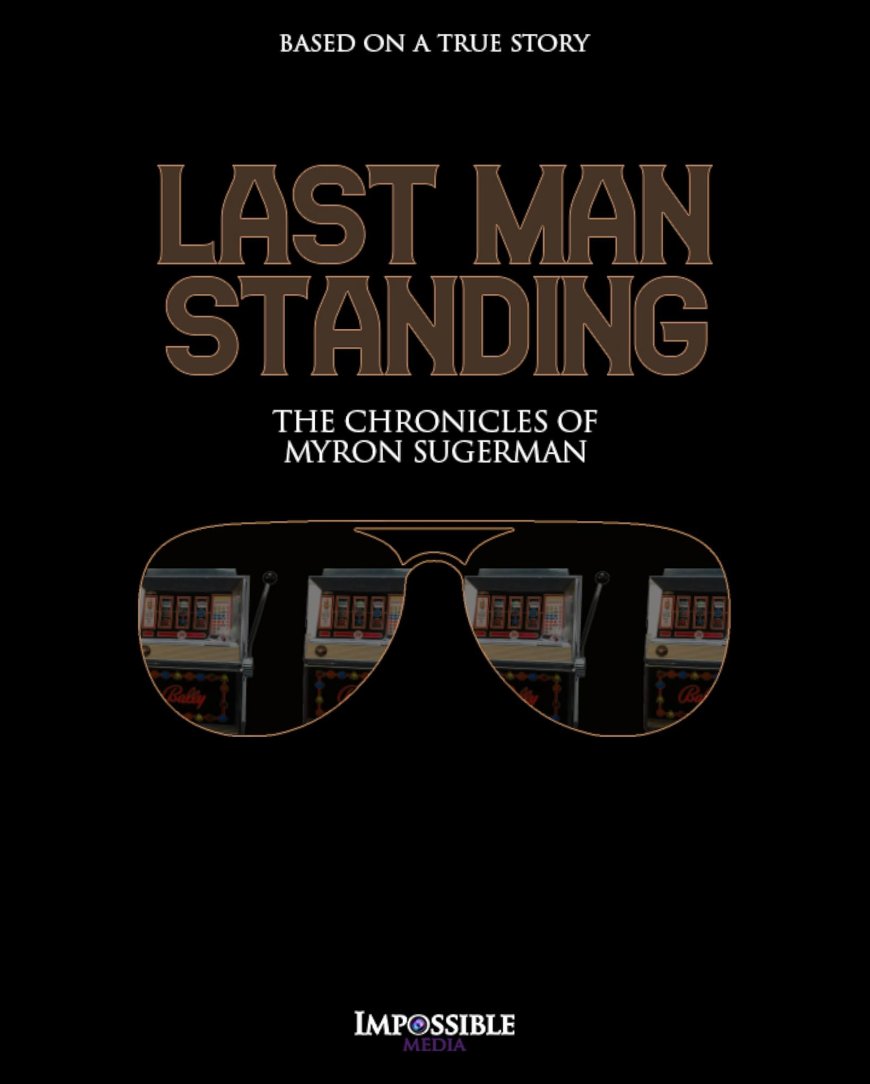
'Last Man Standing: The Chronicles of Myron Sugerman': A middling portrait of an aging Jewish mob-associate
Cast: Myron Sugerman, “Baby John” Delutro, Johnny Chinatown, Moishe Peretz, Benny Sugerman, Barbet Sugerman (archive), Abe Green (archive), Abner “Longie” Zwillman (archive), Fritz Kuhn (archives), Lucky Luciano (archive), Fiorello La Guardia (archive), Meyer Lansky (archive), Benjamin “Bugsy” Siegel (archive), Simon Wiesenthal (archive)
Critics Rating: 2.5 Stars out of 5
Director: Jonny Caplan
Duration: 1 hour, 17 minutes
Genre: Documentary, Biopic, Crime
Language: English, Portuguese, German, Yiddish
Release: 2024
What’s it about?
An elderly Jewish crony of gangsters reveals his story as a distributor of a coveted gambling device and pursuer of other causes.
Review:
Here is a fairly detailed if somewhat unmoving look at a tenacious American Jewish businessman who lived and operated on the fringes of mobsterdom. The octogenarian Myron Sugerman narrates his adventureful life as he rubs shoulders with mob bosses and retired gangsters, embarks on globetrotting, furthers an illicit livelihood, takes on pro-Hebrew causes and dodges the Law. This odd biopic traverses most of the 20th century as it follows the story of Sugerman - the sole survivor of the Jewish Mob that functioned mainly in New Jersey and New York City.

The articulate and loquacious Myron takes the viewer on a journey beginning with his father Barnet Sugerman’s rise in the Roaring 1920s. This, courtesy the period’s lucrative underworld activities of bootlegging, bookmaking and gaming. We learn how Myron’s Dad, who was not really considered a gangster as much as “one of the gang”, played a tremendously influential role on his son’s life. Though, Myron grew up in a predominantly Jewish neighbourhood of Newark, NJ, he was imbued in an atmosphere of anti-Semitism and learned the basics of self-defence early on. The lad also idolised Jewish gang-leaders like Abner “Longy” Zwillman, who organised violent confrontations against local Nazi assaulters.

Although a smart student who graduated from college, Myron couldn’t resist the monetary allure of his patriarch’s slot-machine and jukebox business. With his father’s blessings and some start-up capital, he approached clients across the Atlantic. There, Myron encountered some failure till a lucky meeting in England set his business on course. Soon gang members of a wide range of ethnicities started flocking to him and he even crossed paths with mob legends like Meyer Lansky. But wealth was not Myron’s only objective. Being a devout Jew, he channelled some of his monies towards Nazi-hunting, which led him to Vienna and South America. He also threw his weight behind Zionists who were determined to establish an independent Israel state.

Though one’s interest while viewing this documentary might waver considerably, there is no denying that Sugerman is quite a raconteur. In keeping with the theme of his business, the old man is a “jukebox” of anecdotes. However, not all of his true stories pay off like the numerous slot-machine he supplied. Plus, the film digresses to show him interacting with other former American gangers - both younger ones and contemporaries of his - who don’t add much substance to the narrative. Also, Myron’s entanglement with law enforcement agencies is glossed over, as is his married and family life. But maybe that's by design. Some information about Myron’s Pop and the era of U.S.A’s anti-Semitism is repetitive.
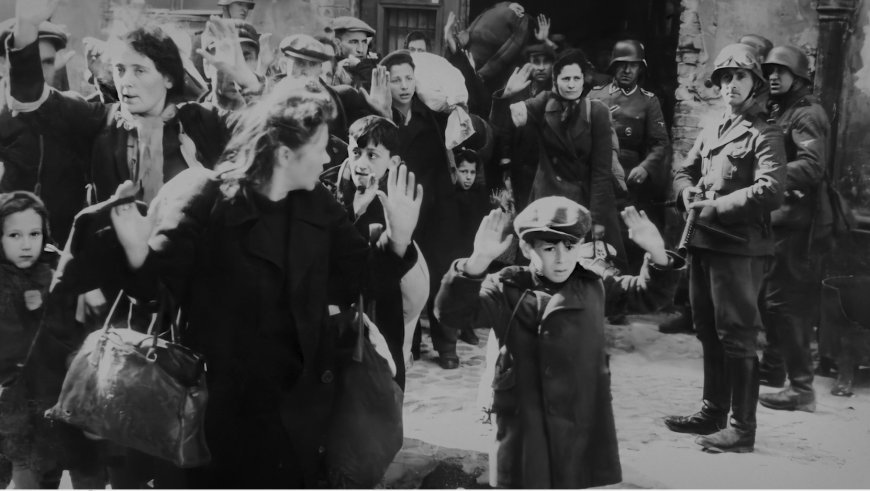
Still, the narrator’s deadpan humour and his quotable quotes help keep the film afloat. As for writer-director Jonny Caplan, this effort is at best, hit-and-miss. Yet, cinematographer/editor Jason Zucker does a sincere job at interweaving photos, archival images and regular footage. However, the background Yiddish-style music sounds inappropriately comic and repetitive. In the final analysis, what we have here is a mixed bag: intermittently valid history with only a partially-captured portrait of a man whose life is not entirely worthy of celebrating. This documentary is like a casino of mixed fortunes. Is the house worthy of winning? You decide.










